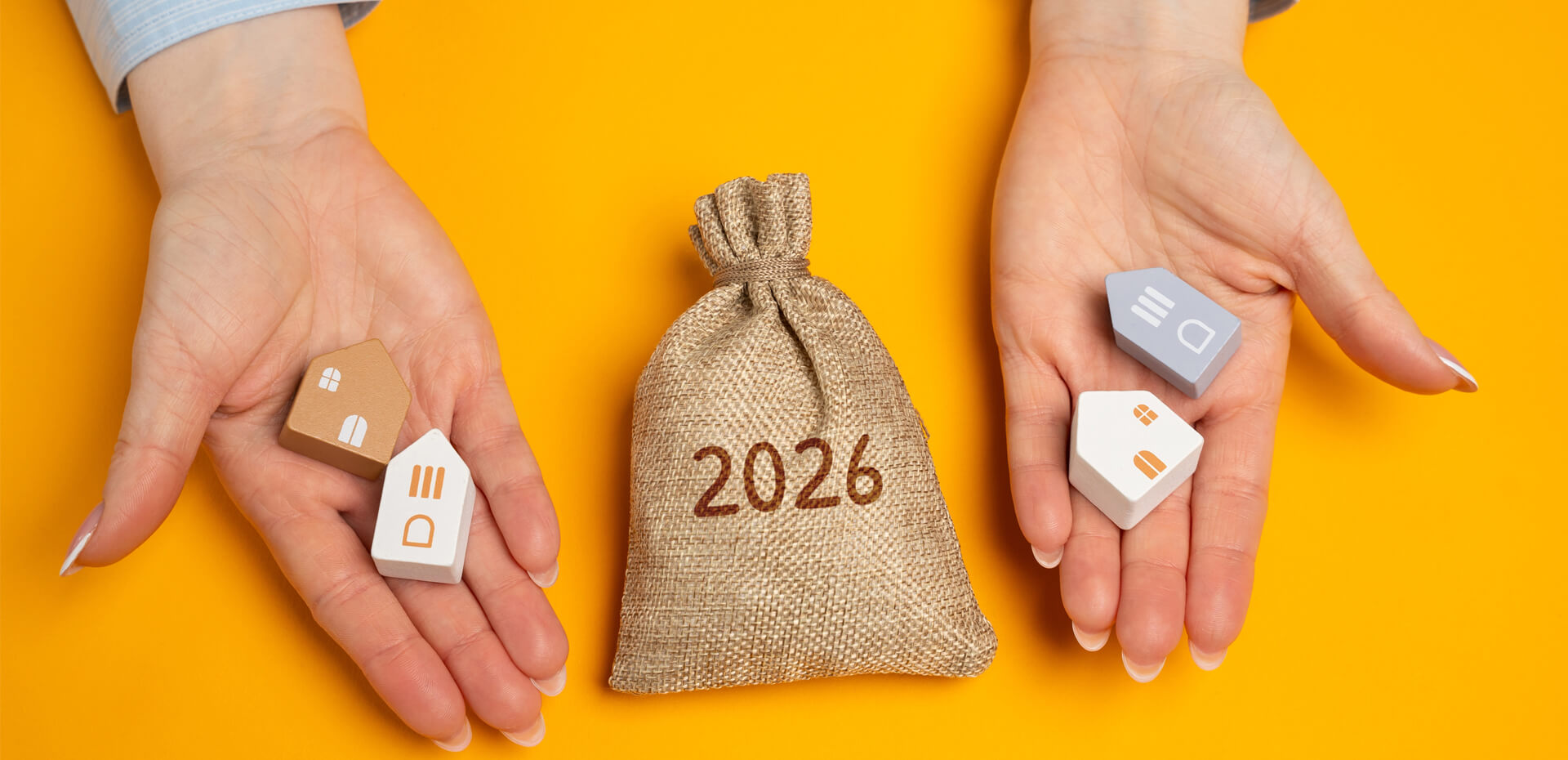Obtaining a mortgage is arguably one of the biggest financial steps a person will take throughout their lifetime. Often, those with a lower deposit expect this to be a barrier to obtaining a mortgage however, the good news is that purchasing a home with a low deposit is achievable with the correct advice, knowledge and approach.
This blog will touch on possible schemes and techniques to help you access a mortgage with a low deposit.
Understanding low deposit mortgages
A low deposit mortgage means you want to acquire a property with a minimal deposit. Standard mortgage approvals typically require a deposit of between 10-20%, whereas a low deposit mortgage allows purchasers to buy a house with as little as 5% of the overall price. There are even a small number of lenders willing to offer 0% deposit mortgages in certain circumstances. These mortgages tend to be offered with high interest rates and stricter credit standards.
Low deposit mortgages suit those who have never owned a home and have less money for a deposit. Most lenders analyse these applications more closely to ensure borrowers can handle higher loan to value (LTV) ratios.
Government schemes to support low deposit mortgages
Designed to provide people with a more affordable way of buying homes where they may not be able to put down a sizeable deposit but otherwise are financially sound.
Mortgage guarantee scheme
Implemented during uncertain economic climates, this government backed scheme requires lenders to provide a 95% mortgage and borrowers only need a 5% deposit. The scheme compensates lenders if the borrower is not able to keep up with repayments, resulting in repossession.
Shared Ownership
Also known as a Leasehold scheme, it is a ‘part buy part rent’ where the buyer acquires between a quarter and three-quarters equity stake in the home and pays rent on the balance share. Over time, the property can be bought through ‘staircasing ’.
Lender requirements for low deposit mortgages
Due to the higher risk of lending for low deposit mortgages, some of the critical aspects that are assessed during an application include:
Credit score
Previous behaviour is a good predictor of your future financial conduct and credit reference checks allow mortgage lenders to have confidence that you can pay back the property loan.
Income and employment stability
Income and employment history are also scrutinised. Whether you are self-employed or a full-time employee, lenders need assurance that you can afford the monthly mortgage payments.
Debt-to-income ratio
This factor examines the amount of money you must earn towards the debt you have out of total earnings. This is identified as gross, before taxes and other deductions. Clearing any existing debts before applying for a mortgage can improve your chances of success.
Savings and a financial cushion
Besides a deposit, lenders are interested in borrowers’ ability to have other savings or backup money available for unpredictable expenditures like repairs and upkeep of the property.
Alternative mortgage options for low deposits
Other mortgage products that can help a buyer purchase property with a low deposit include:
Guarantor mortgages
Allows a family member or a relative with adequate savings or equity to agree to pay the mortgage in case the named mortgage holder is unable to do so.
Joint mortgages
Putting your income and deposit together with someone else’s, like a friend, relative or spouse, can boost the total deposit and mortgage amount offered.




